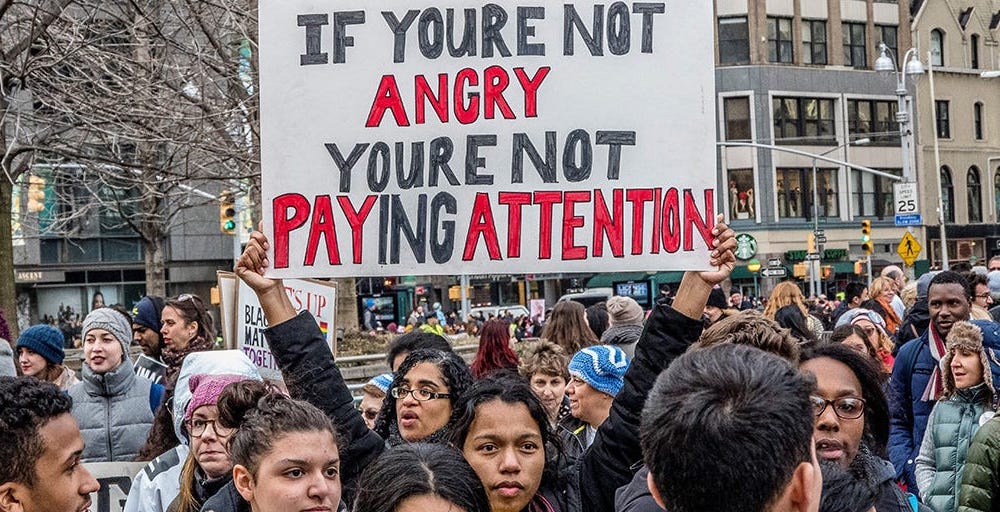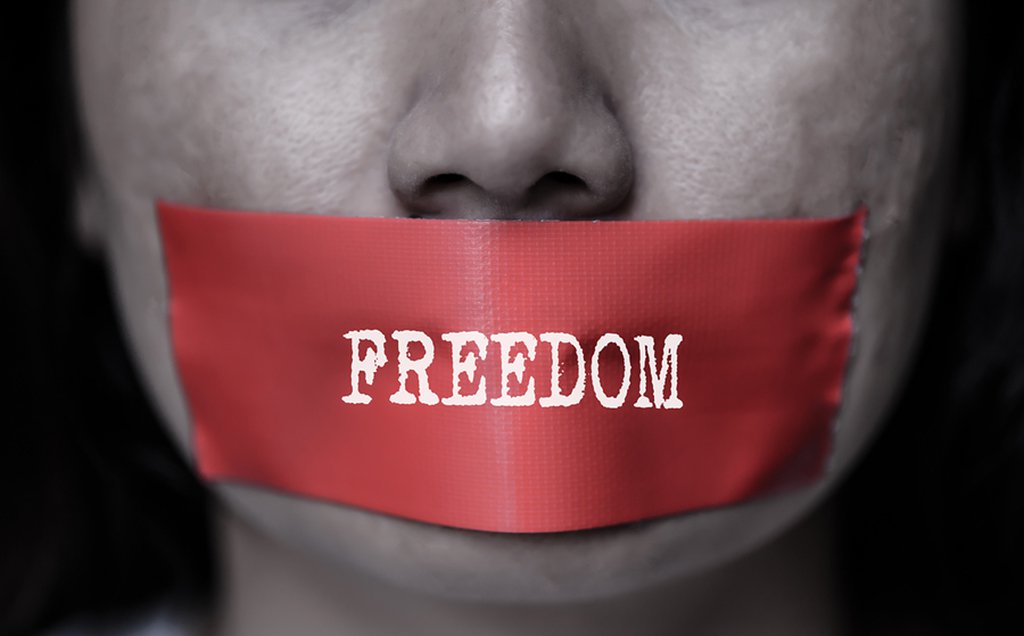Now Reading: Harvard University Wins Legal Battle Against Trump’s International Student Ban
-
01
Harvard University Wins Legal Battle Against Trump’s International Student Ban

Harvard University Wins Legal Battle Against Trump’s International Student Ban
Harvard University has recently achieved a significant victory in its legal fight against the Trump administration’s attempt to ban the institution from enrolling international students. This triumph, a testament to Harvard’s resilience, ensures that the institution can continue to welcome thousands of international students who enrich its diverse academic community.
In May, the Department of Homeland Security (DHS) announced that they are revoking Harvard’s certification under the Student and Exchange Visitor Program (SEVP), which allows universities to enrol international students. The administration described the move as a response to the alleged failures by Harvard to address antisemitism and comply with federal requests for student records. The policy bars the university from enrolling international students and forces current students to transfer to other universities.
Harvard then filed a suit accusing the Trump administration of unconstitutional retaliation for the university’s refusal to comply with demands to alter its governance, curriculum, and faculty ideology. The complaint mentioned that the ban violated the First Amendment, the Due Process Clause, and the Administrative Procedure Act, asserting that it seriously violated Harvard’s rights and would not just harm the university but also jeopardise the future of its visa-holding students.
In a swift action, U.S. District Judge Allison D. Burroughs issued a temporary restraining order (TRO) on May 23, stating that the ban would inflict serious and irreplaceable injury to the students and the University. In early June, a formal preliminary injunction on the policy was issued, and it ensured that Harvard’s international students could remain enrolled and new students could join for the upcoming academic year. This was done to ensure no student’s future was jeopardised due to the administration’s policy.
Harvard President Alan Garber welcomed the decision of the Federal Judge, stating, “This ruling is a critical step to protect the rights and opportunities of our international students and scholars, who are not just vital, but integral to the University’s mission and community.”
The Trump administration, however, has not relented. DHS officials argued that enrolling international students is a “privilege, not a right,” and accused Harvard of fostering antisemitism and coordinating with foreign entities like the Chinese Communist Party—claims Harvard has denied, asserting compliance with legal reporting requirements for foreign donations.
The ruling is a temporary relief, as the case remains ongoing. Legal experts suggest it could escalate to higher courts, potentially reaching the U.S. Supreme Court, given the broader implications for academic freedom and immigration policy.
As the litigation continues, Harvard is making contingency plans to support its international students, who include notable figures like Princess Elisabeth of Belgium and Cleo Carney, daughter of Canadian Prime Minister Mark Carney. The university remains steadfast in defending its autonomy, with Garber asserting that the Government should not dictate what private universities can teach, whom they can admit, or which areas of inquiry they can pursue.
The outcome of this high-stakes legal battle will likely shape the future of international education in the U.S., with Harvard’s victory serving as a critical stand against efforts to curb academic independence. The implications of this ruling are profound, potentially altering the landscape of international education in the U.S.










